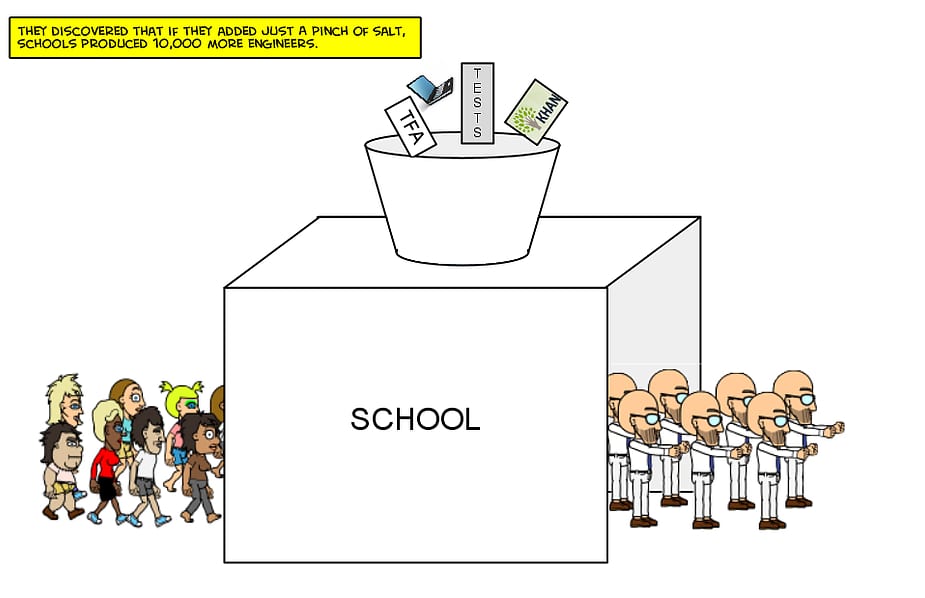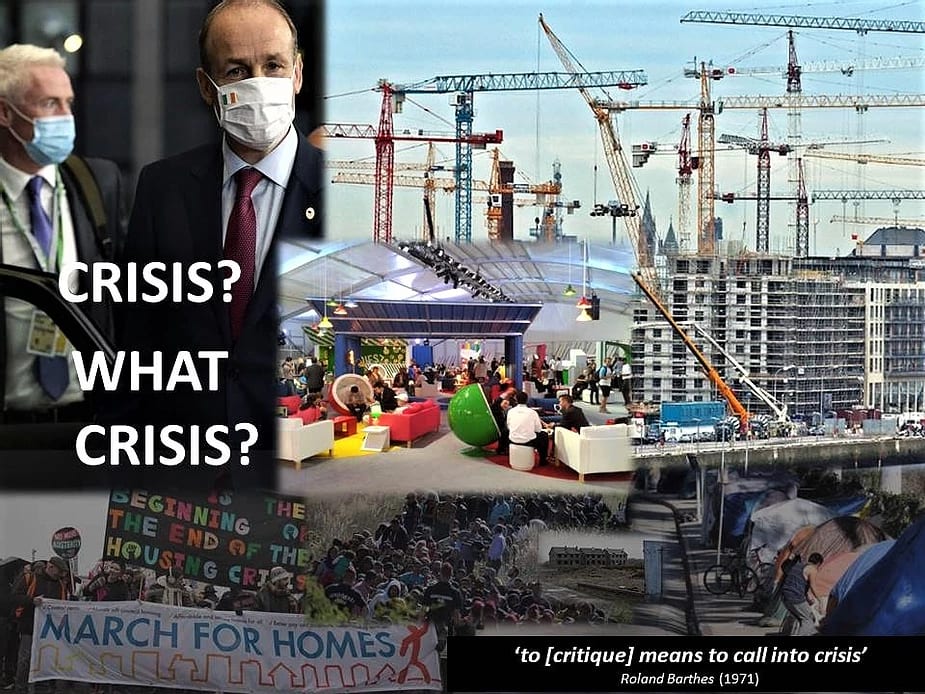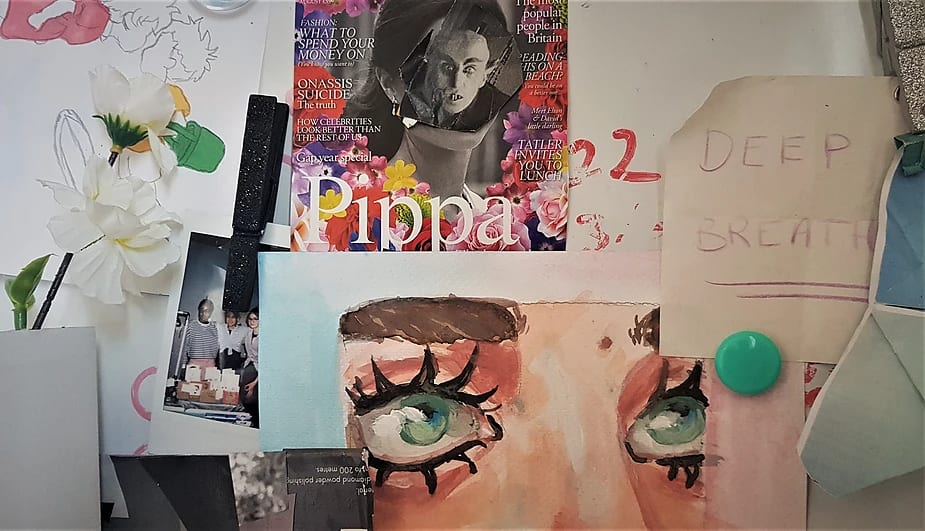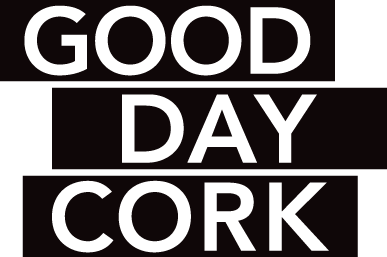What are our children not being taught at school and why?
By Dr. Eve Olney

I am a mum of two children; a girl of fifteen and a boy of nine. Both attend conventional schools in Cork. Both struggle daily with conforming to how learning is instituted in the schools they attend. Generally speaking, my kids have problems with the lack of reasoning and modes of logic that they feel should accompany the practice of learning and teaching. They express it in different ways. My daughter at times challenges what she finds to be unreasoned rules, ‘rules for the sake of rules’; particularly to do with one’s individual choice of style or appearance. Then there are the massive contradictions the kids are asked to harbour.
“In one class we hear that God created the earth and then go into another class where we learn about the big bang… No acknowledgement of one by the other!”
My son says nothing at the time, storing it for home and then rages and fumes at the contradictions:
“The teacher broke his own rule!” “Mum, you must go down and tell him!”
Recently, he reasoned to me, “It’s not that I hate school so much as I hate that I am being forced to go to school.” I struggle to both agree with them whilst also emphasising the difficulty of doing anything about it.
Yet, as my daughter storms, they do not even learn about feminism in school, and, what led one half of the world’s population to ‘suddenly?!’ subjugate the other! They do not explore ‘capitalism’ in ways that attempts to make sense of the crisis they see around them. Why might that be? Hmmm…
Children are taught how things are but not why things are the way they are. Therefore the idea of being in a position to change anything you don’t like about the social institutions you are a part of is not even visible as a concept, a possibility. It is quite the opposite. Within an institution like school, children are taught that there are repercussions for speaking your mind and challenging authority, full stop. My son’s annual report when he was six read, ‘[….] has a very strong sense of right and wrong.’ At least the teacher tried acknowledging it.
When children’s logic is not met with a reciprocal ‘reasoned’ logic by those who are in a position of power, what happens to those thoughts, emotions, feelings that are entangled up in that child’s logic? Do they seamlessly transition to the authority’s point of view?
Recently, he reasoned to me, “It’s not that I hate school so much as I hate that I am being forced to go to school.” I struggle to both agree with them whilst also emphasising the difficulty of doing anything about it.
Seemingly, not. Instead they might register in the child’s body, as perhaps a dry mouth, flushed cheeks, a suppressed rage, a growing anxiety, a cramp in the stomach.
I have a memory as a child, on one particular day, of not trusting what I was being told in school. Instead of just asking my parents whether my feelings about this were ok, I invented a student and told my parents these were her thoughts. I imagine I did this as I was very uncertain about what I was doing. I didn’t want that kind of heat on me. This happened over forty years ago but I have yet a distinct embodied memory of that feeling of uncertainty.
Things have progressed a lot since those days but have not budged in terms of nurturing the endemic and fundamental needs of children to make sense of the complexity of things around them and understand their own subject position within the social world. In other words, to understand themselves as unique social political individuals who have a role and a voice in their societies. Instead they are taught that it is natural and normal for ‘politics’ to be understood as a selection of elite individuals managing us in compliance with the world’s market economy.
My kids are part of a world largely in crisis with massive social and systemic inequalities for those who do not tick the ‘white European’ box, women and girls, refugees, poor people, the list goes on. Yet, as my daughter storms, they do not even learn about feminism in school, and, what led one half of the world’s population to ‘suddenly?!’ subjugate the other! They do not explore ‘capitalism’ in ways that attempts to make sense of the crisis they see around them. Why might that be? Hmmm…
I end this with a quote from the late, highly influential economist, Friedrich Hayek, who is one of the founding social architects of neoliberalism (the current capitalist social condition we are enduring at the moment). In his book, The Constitution of Liberty (1960) he advises that the survival of civilization (driven by wealth and growth) is entirely dependent upon, “men’s necessary ignorance of much that helps him to achieve his aims.” Hmmm…Perhaps we have our answer there.
More about the author:
Dr. Eve Olney is a socially engaged artist, activist, educator, curator and independent practice-based researcher. Eve leads the collaborative curatorial scheme and anti-neoliberal praxis of Art, Architecture, Activism (read more) and Spare Room Project. She is a founding member of the Living Commons, developing a direct democratic, non-profit commoning living scheme based in Ireland. Dr. Eve Olney has recently co-founded the Irish Common Assembly as a means of working collaboratively with members of the World Social Forum of Transformative Economies. She is a member of the advisory council of TRISE (Transnational Institute of Social Ecology). She has produced multiple cultural and social projects (both nationally and internationally) that serve as activist platforms for projects tackling precarious living conditions. Her work is published/exhibited across national and international forums and her public talks focus on cultivating alternative practice-based approaches to revealing and rupturing oppressive neoliberal structures by engaging in social ecological commoning processes.



